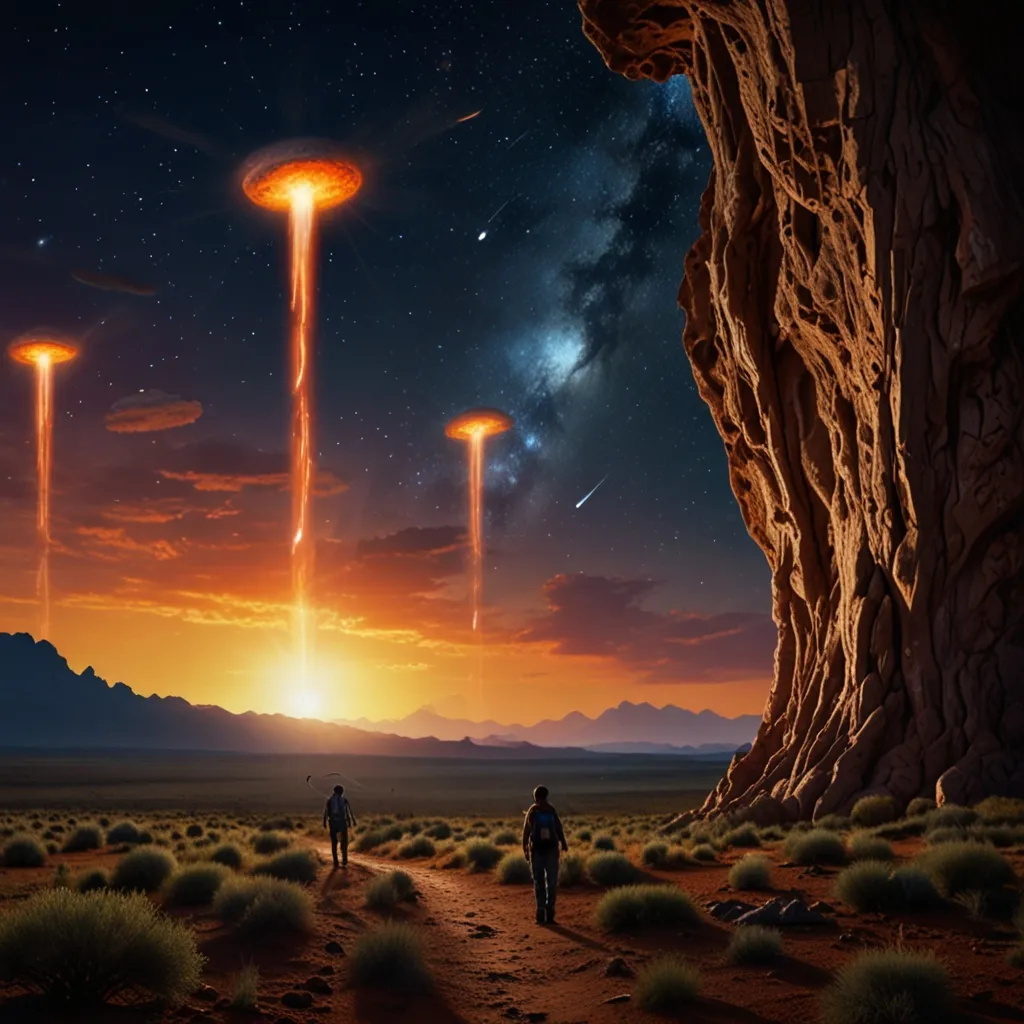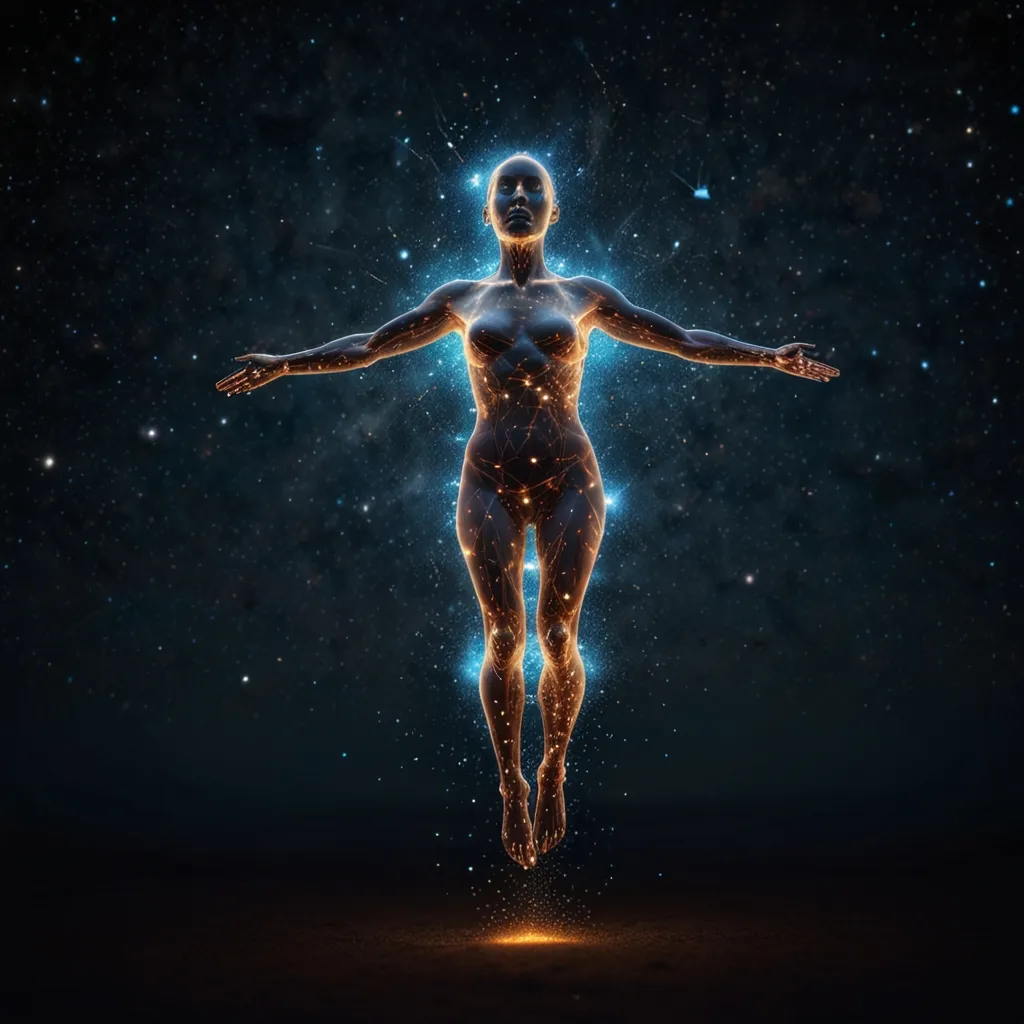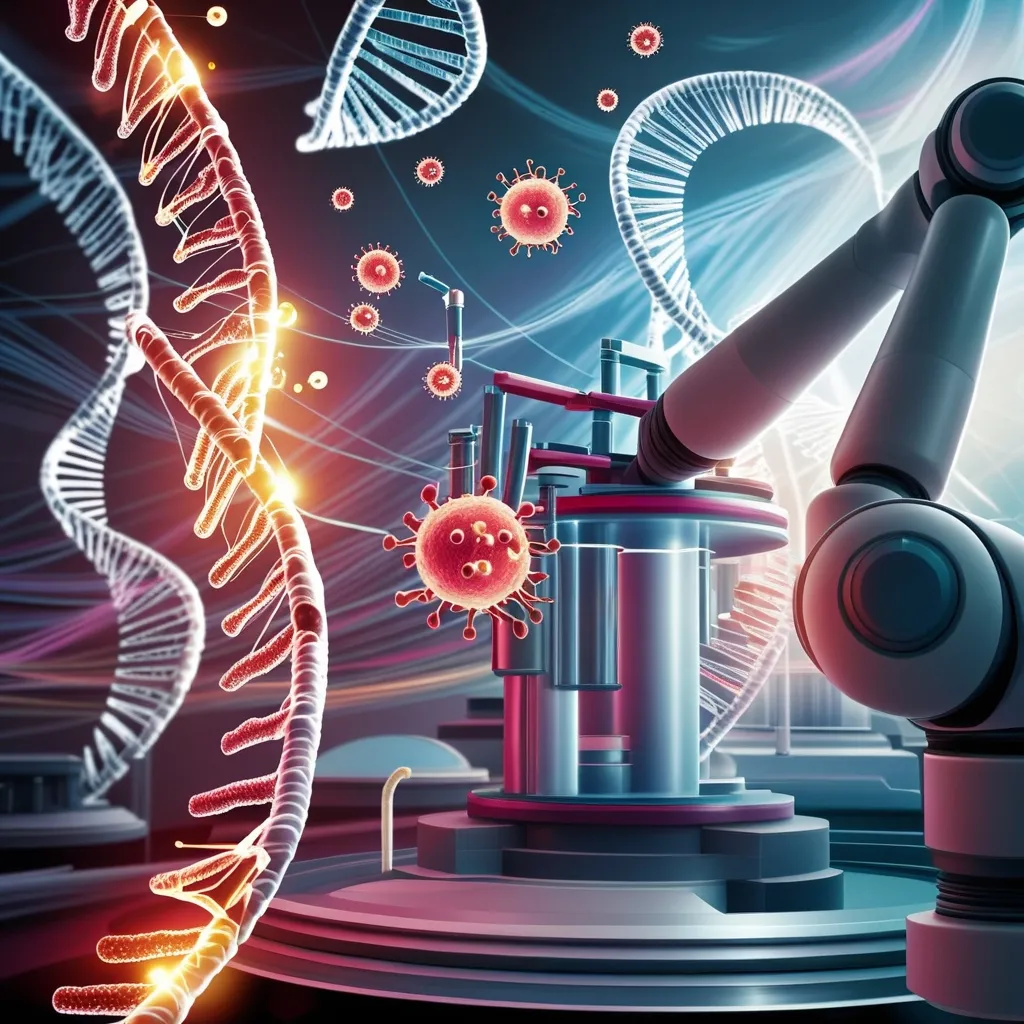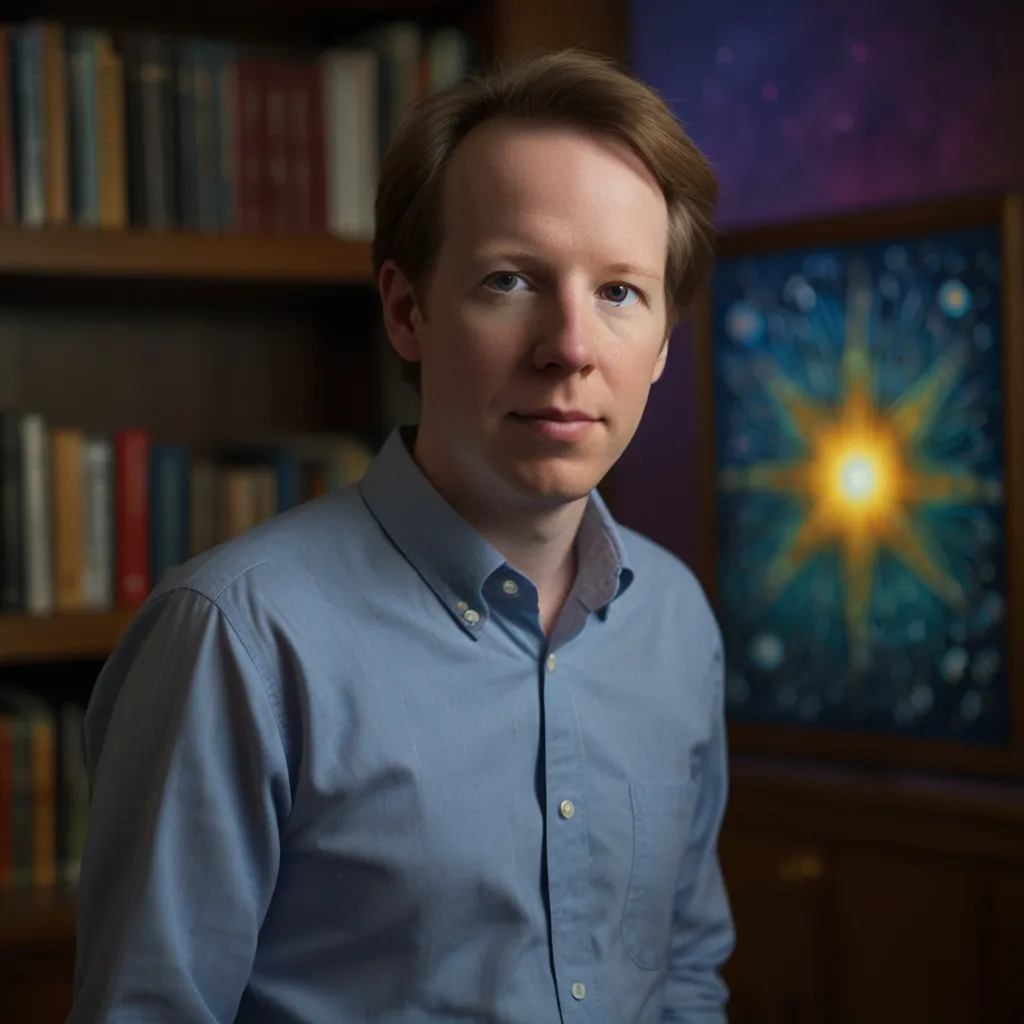On our planet, life hinges entirely on Nuronium. We might look and act like humans, but there’s one crucial difference. We need Nuronium in the air to think clearly, to innovate, and to remember. Without it, we’d lose our spark of imagination, our memories, and eventually our ability to think deeply at all. But there’s a catch. Nuronium isn’t just keeping our minds sharp; it’s also an endless source of clean energy that has powered our civilization for ages.
Recently, scientists hit us with some pretty heavy news. Our precious Nuronium has started emitting a harmful pollutant that threatens our species’ survival by lowering fertility rates. If we keep using it, we’re looking at extinction in just a hundred years. Luckily, there’s hope in the form of a passing comet. This comet carries an alternative energy source called Polixate, which could replace Nuronium without affecting fertility. But there’s a trade-off. While Polixate can power our homes and cities, it won’t support our cognition the way Nuronium does. We’d lose our imagination and our rich cultural heritage.
Our society’s leaders are stuck in a deadlock, waiting for my tie-breaking vote. Dr. Taylof’s team believes we should stick with Nuronium. They argue that our culture—our art, literature, music, and technological achievements—makes life meaningful. Without our memories and our ability to create, we’d become little more than zombies, just going through the motions of existence. Dr. Taylof’s camp doesn’t think future generations have the right to exist if they can’t add to our cultural legacy. They believe a dignified end is better than living without purpose.
On the flip side, Dr. Kahan and their colleagues strongly disagree. They admit switching to Polixate will drop our quality of life, but they hold that meeting our basic needs is enough for a kind of happiness, even if it’s a simpler one. To them, the continuation of life is what truly matters. They argue that every individual adds a small but essential piece to our collective happiness. Dr. Kahan can’t accept letting our species go extinct, seeing it as unethical and akin to mass murder. They believe that preserving life, even a less complex one, is our moral duty.
So here I am, at the crossroads. Should we cling to Nuronium and our vibrant culture, knowing it leads us straight to extinction? Or do we opt for Polixate, ensuring survival but at the cost of our memories and imagination? It’s a decision that will shape the future of our species. What now? Nuronium for a time or Polixate forever?






